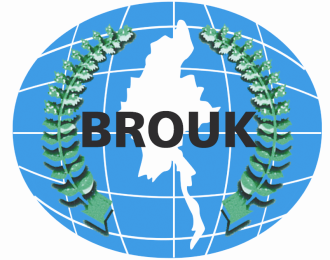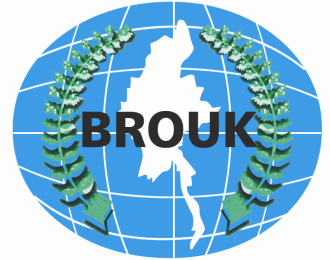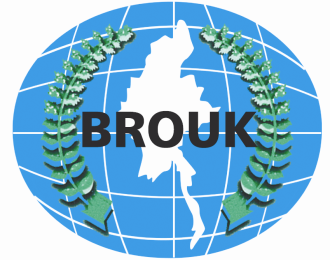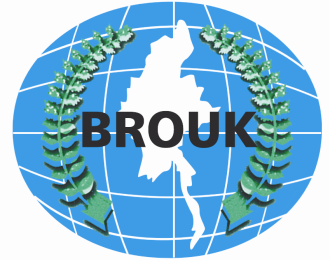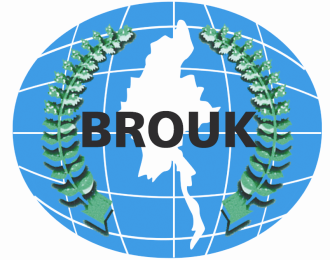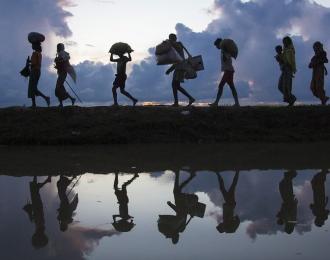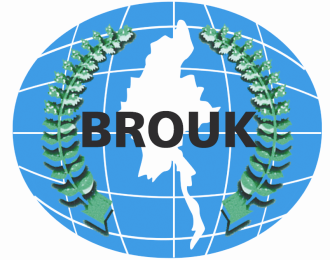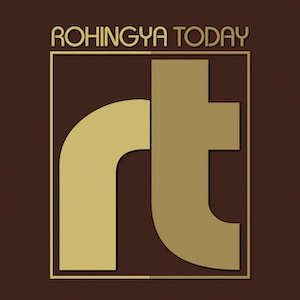
Media Release from Burmese Rohingya Organisation UK
For Immediate Release 3rd July 2019
Myanmar: Internet blackout could fuel genocide against the Rohingya
The Myanmar authorities must immediately lift internet restrictions in Rakhine and Chin States as the ongoing blackout could pave the way for security forces to commit grave human rights violations with impunity, the Burmese Rohingya Organisation UK (BROUK) said today.
Myanmar has ordered internet companies to shut down services in eight townships in Rakhine State and one in Chin State since late June. The Myanmar military, which is currently engaged in a “clearance operation” against the Arakan Army in the area, has a bloody track record of atrocity crimes against civilians, including as part of the ongoing genocide against the Rohingya minority in Rakhine State.
“The internet blackout in Rakhine and Chin States must end immediately. It is extremely worrying that the authorities have turned the region into an information black hole just as the Myanmar military are engaging in another murderous operation,” said Tun Khin, President of BROUK.
“The Myanmar security forces have proved they will stop at nothing – not even genocide – in Rakhine State. The current internet restrictions make it more difficult for any abuses to be documented and recorded, not to mention the harmful effects the blackout has on aid delivery. The Myanmar authorities have again proved that they are more interested in shielding abusers from scrutiny than protecting ordinary people.”
The Ministry of Transport and Communications ordered four major telecoms companies to shut down internet services on 20 June 2019. Authorities have justified the shutdown through the 2013 Telecommunications Law and ongoing "disturbances of peace and the use of the internet to coordinate illegal activities."
The Myanmar security forces have clashed with the armed group the Arakan Army since last year, causing at least 40,000 people in Rakhine State to be displaced. Human rights groups have accused the military of committing war crimes and other human rights violations against the population as part of their operations, including unlawful killings, arbitrary arrests and torture. There are credible reports that the military has renewed operations against the Arakan Army since the internet shutdown.
In August 2017, security forces also launched a vicious campaign against the Rohingya in Rakhine State, slaughtering thousands, burning villages to the ground, and forcing hundreds of thousands to flee into Bangladesh.
Myanmar authorities have for years imposed severe restrictions on media and human rights observers’ ability to access Rakhine State, meaning local residents have played a crucial role in documenting abuses using smartphones and the internet. The current telecommunications shutdown means it is impossible for them to do so.
There are also credible reports that the internet restrictions have complicated the work of humanitarian organisations who deliver life-saving aid to one of the poorest parts of Myanmar.
International actors are increasingly joining Rohingyas’ calls for justice for the genocide. In 2018, a UN-appointed Fact-Finding Mission called for the Myanmar military top brass to be investigated and prosecuted for crimes against humanity, war crimes and genocide. In June this year, the Organisation of Islamic Cooperation threw its weight behind launching a case with the International Court of Justice regarding Myanmar’s violations against the Rohingya.
“The internet shutdown has again highlighted that the Myanmar authorities have no interest in holding their own security forces to account for atrocity crimes. Instead, they will go to great lengths to ensure that the same crimes can be committed away from the public eye,” said Tun Khin.
“The genocide against the Rohingya and human rights violations against ordinary people Rakhine State and other parts of Myanmar will not end until those responsible are held to account. The international community must take genuine action to provide justice – this must include members of the UN Security Council referring the situation in Myanmar to the International Criminal Court.”
For more information, please contact Tun Khin +44 7888714866.
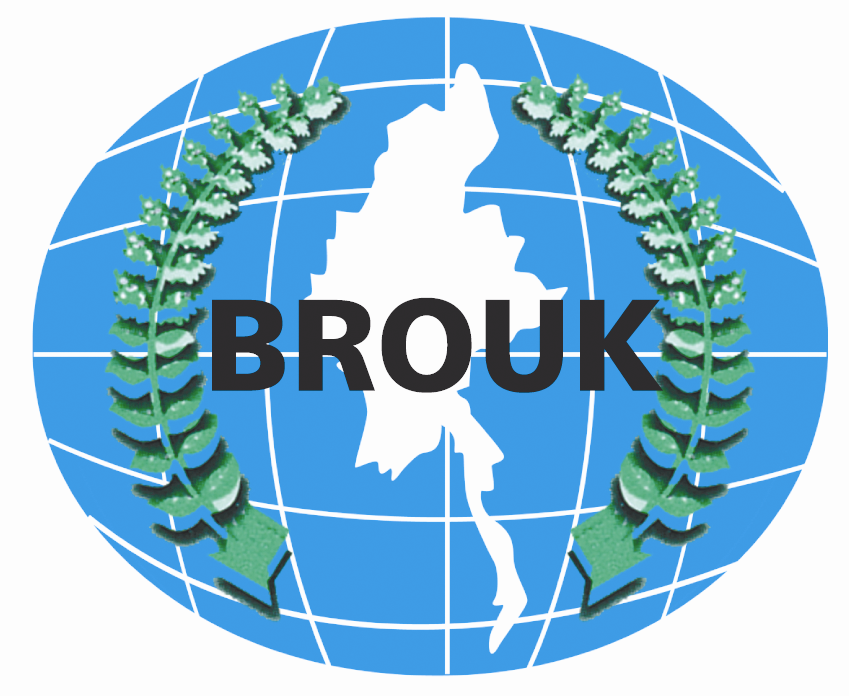
![Locals evacuate Rohingya refugees from a boat that came ashore on the north coast of Indonesia's Sumatra island in June 2020. The UNHCR says the journey across the Andaman Sea last year was deadlier than ever before [Rahmad/Antara Foto via Reuters]](/sites/default/files/styles/grid_list_330x260_/public/2025-05/2020-06-25T000000Z_355446050_RC2CGH9LTK3V_RTRMADP_3_INDONESIA-ROHINGYA.jpeg?itok=V6ouOxeq)
